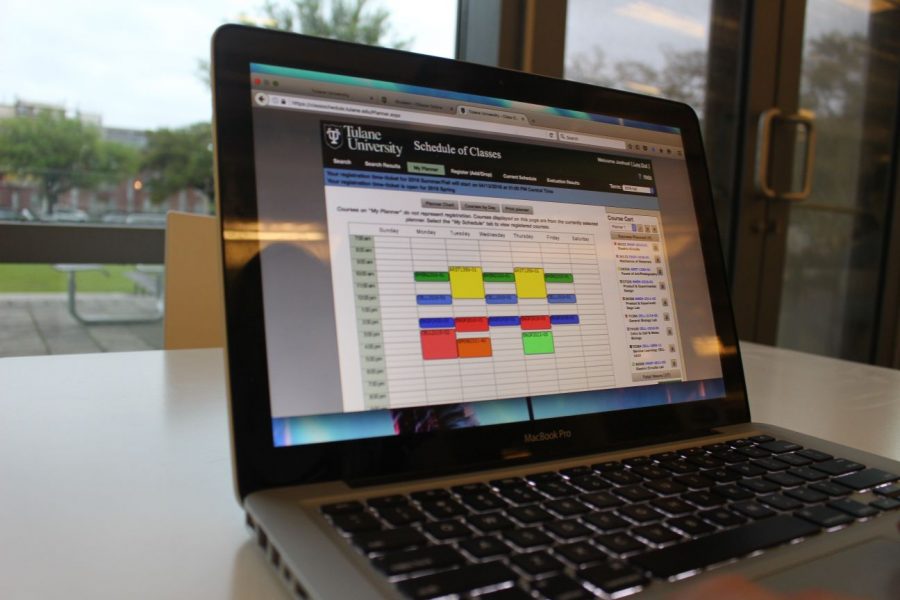5 tips for successful class registration
March 30, 2016
1. Meet with your academic advisors as soon as possible.
What students may not realize is that their academic advisors’ schedules fill up just as quickly as their classes. “The biggest mistake I see is that students aren’t meeting with their academic advisors or major advisors to really sit down and commit to some of the planning,” Science Academic Advisor Michael Zapata said.
2. Core classes can be more than just a box to check.
For students whose majors are undecided, core requirement classes can be used to explore various fields of studies. A variety of courses can satisfy each core requirement, so students can select courses relevant to what they may be interested in.
3. You do have room for fun classes.
“There’s an advisor here, Patrick, who always tells students ‘you have space to explore,'” Zapata said. “Up to 25 percent of a student’s curriculum over their four years can be electives; however, this does vary depending on what the student is studying and if they’re double majoring. The electives can be exploratory for possible minors, or just a class a student is curious about.”
4. On that note, there are plenty of interesting classes that are worth searching for.
Departments like anthropology, sociology and philosophy have an abundance of specific, yet interdisciplinary classes students may be interested in spending elective credits on.
A common one is Buddhism, offered by the philosophy department. Students can expect to approach the subject from a philosophical, rather than religious standpoint, read a bunch and possibly meditate outside.
Offered in the philosophy department is PHIL-2030, Minds, Machines & Experience, which introduces students to the study of the mind and consciousness from a philosophical standpoint. The class covers topics like artificial intelligence, the mechanism of thoughts and consciousness.
An option for pre-med or public health students is ANTH-3750, Bones, Bodies and Disease, a survey of the field of paleopathology, which looks at health and disease in ancient populations. The course looks at methods for identifying disease and injury in human remains, trends in human health, and ancient medicine and surgery.
5. Don’t stress too much.
Fortunately, there are months between when your time ticket for fall registration opens and the first day of classes; so, if you don’t get into the classes you want right away and take a spot on the waitlist instead, there’s a good chance you can still get into the course. “There’s a lot of stress during that period,” Zapata said, “It doesn’t really need to be that way, and for the most part, 90-95 percent of students get the classes they need.”










Leave a Comment